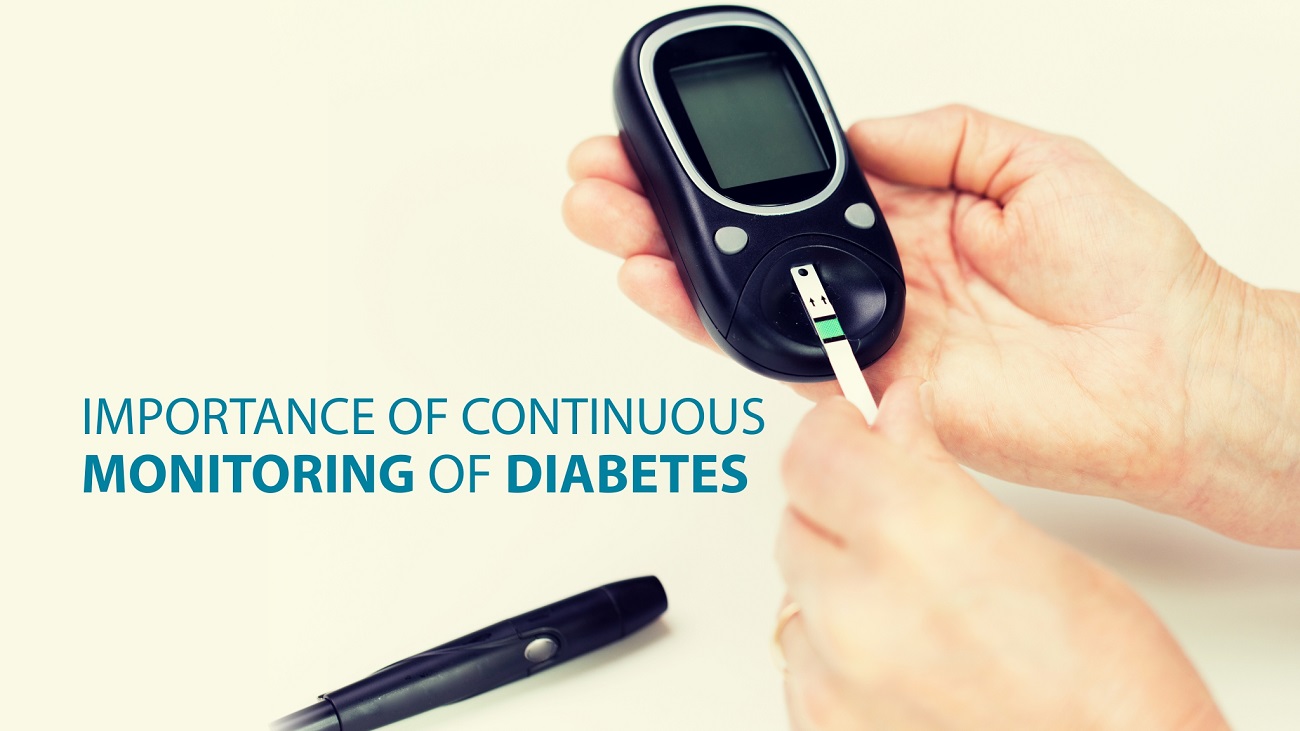Diabetes is one of the most common diseases prevalent among men and women in India. According to a medical report published by WHO (World Health Organisation), there are an estimated 72.96 million cases of diabetes in India. The report further states that India has the highest number of diabetes patients in the world.
What is Diabetes Exactly?
Diabetes is a chronic illness that affects the body’s ability to process glucose (sugar levels) in the blood. There are two types of diabetes – Type 1 and Type 2.
In Type 1 diabetes, the pancreas cannot produce insulin, an important hormone that allows the body cells to use the glucose and produce energy.
Type 2 diabetes is more critical. It affects the body in two ways. The pancreas stops producing enough insulin required for the body, and the insulin no longer plays its role because the cells resist the insulin.
Controlling glucose levels
In most cases, diabetes patients do not exhibit any apparent symptoms unless they experience hyperglycemia (a condition where the blood sugar level is too high) or hypoglycemia (a condition where the blood sugar level is too low). In the case of hyperglycemia, the disease can cause severe damage to other organs in the body.
Some of the common health issues caused by diabetes include –
- Kidney problems wherein the patient may need dialysis
- Eye problems like glaucoma, retinopathy, cataract, blindness
- Erectile dysfunction or fertility issues
- Cardiovascular diseases such as stroke and heart attack
- Foot infections, athlete’s foot, problems with blood circulation which, in extreme cases, lead to amputation
To avoid these diabetes-related complications, it is vital to monitor and control blood sugar levels.
Importance of regular monitoring of glucose levels for diabetes treatment
Apart from taking the medication regularly and making lifestyle changes, one of the most critical aspects of diabetes management is monitoring the glucose levels every day. You can monitor the glucose levels in the body using a self-testing device known as a blood glucose meter, also known as a glucometer.
Monitoring the glucose levels in the body regularly allows you to see the impact of the measures taken to control diabetes, including:
- The changes made to your diet
- Losing weight
- Doing exercise
- Taking medication
When the blood-glucose meter shows that the blood sugar levels are too high, you can speak to your doctor immediately. Based on your health condition and the glucose level reading, the doctor may recommend changing your diet, increasing the dosage of the medicines, or suggest an alternative prescription to bring the glucose to normal levels.
Monitoring diabetes – A question of commitment
Generally, people diagnosed with diabetes feel highly motivated to take care of their health during the initial day. They monitor their blood-sugar levels through the self-testing method with diligence, but as time goes by, they tend to get complacent and tend to forget the importance of diabetes monitoring.
Self-testing the blood glucose levels is a commitment that you must make to yourself. While the doctor and your friends and family will be happy to see you being dedicated, in the end, you will enjoy the benefits.
If you are struggling to stay committed, here are a few tips that will help:
- Many people avoid monitoring their diabetes because they feel overwhelmed using the blood-glucose meter. So, it is advisable to use a device that is easy to use and meet your needs.
- You must use the device to test the sugar levels several times a day or week, so that you get familiar and it is easy to use.
- Read the instructions manual of the device to understand the different functions. This will help you use the device more effectively.
- Speak to your doctor, or visit a diabetes education centre to get more information on diabetes monitoring. As you learn more about the different aspects of diabetes and the importance of regular monitoring of glucose levels for diabetes management, you will have more clarity about the disease.
When you fully understand the importance of diabetes monitoring and its positive effects in terms of preventing other health complications, it will be easier for you to stay diligent.
More than anything, remind yourself that you are capable of taking charge of this situation. With the help of a good nutritionist, a daily walk or fitness routine, and some lifestyle changes, you can live a healthy and awesome life too.











